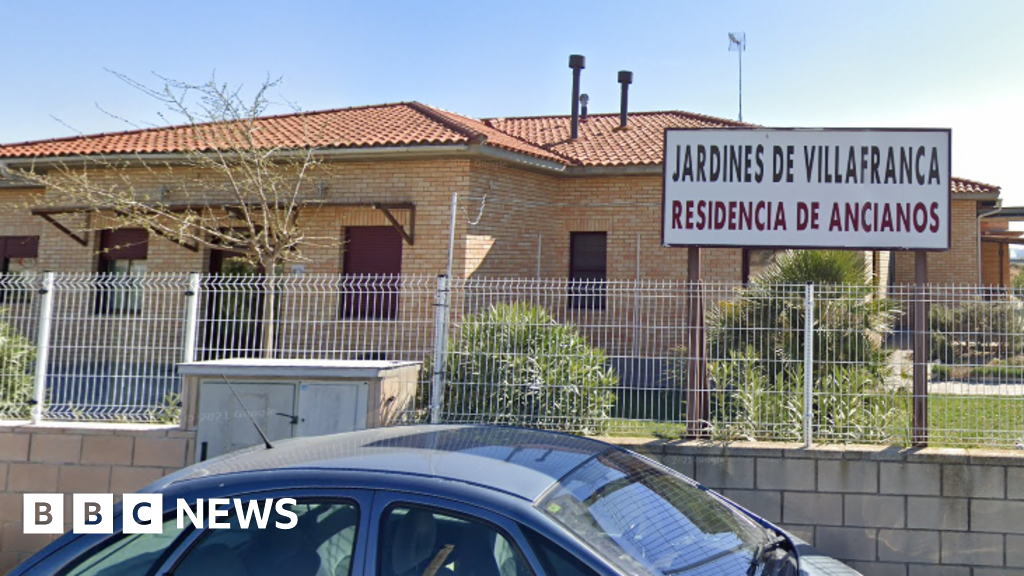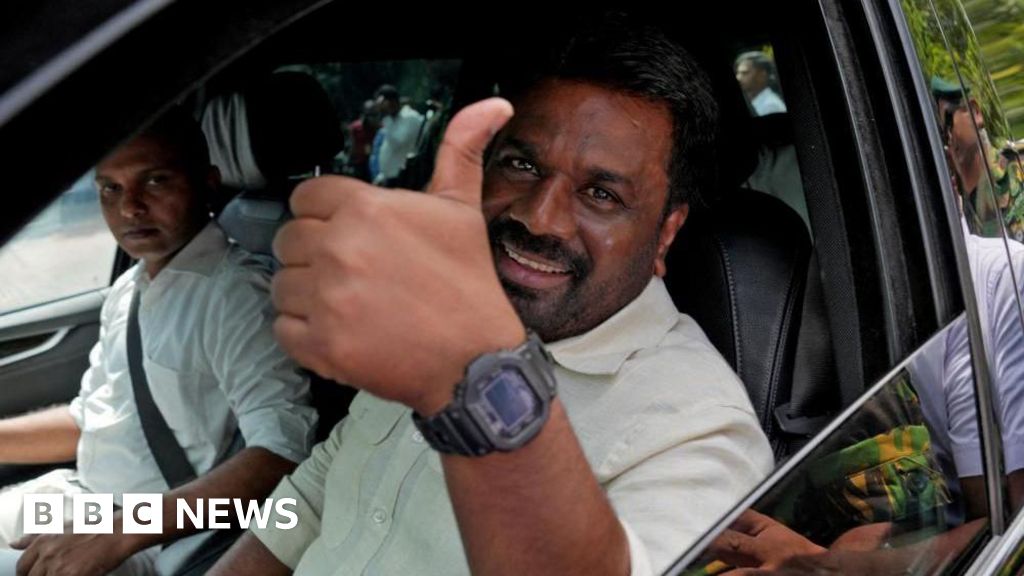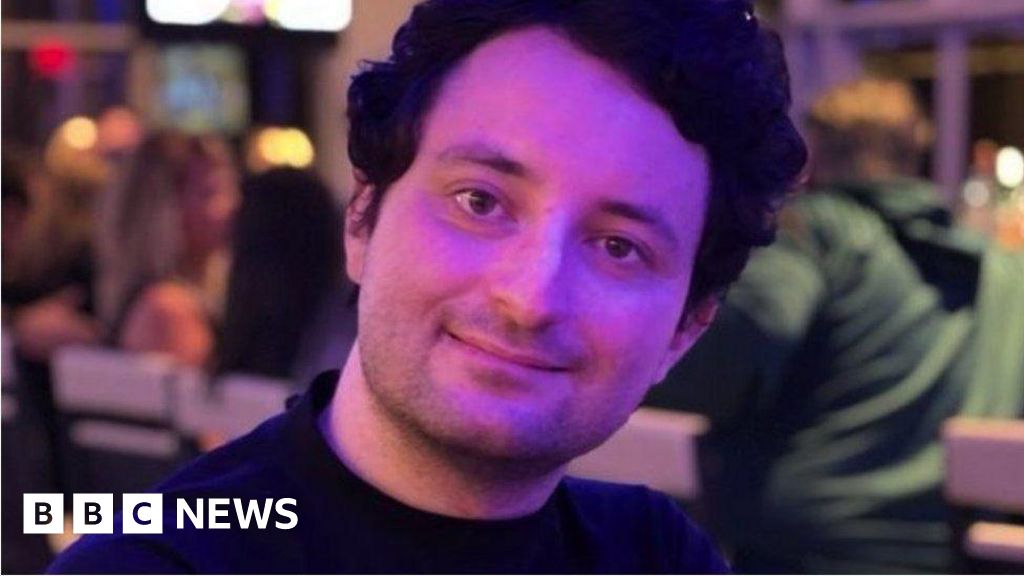ARTICLE AD BOX
image source, EPA
image captionSome Ukrainians with Russian citizenship have been bussed to Russian polling stationsRussian opposition activists have stepped up complaints they are being silenced on digital platforms, on the final day of parliamentary elections.
There have also been numerous reports of irregularities, including ballot stuffing and forced voting.
The electoral commission has dismissed the complaints, saying they are part of a well-financed campaign from abroad.
President Vladimir Putin's United Russia party is expected to easily beat the 13 other parties taking part.
Polls for the parliamentary and local elections opened on Friday and will close at 20:00 (17:00 GMT) on Sunday.
Russia's marathon election is nearing the end. But even before the first ballots were cast, it didn't look like a fair election.
Many opposition politicians and activists had been barred from the ballot. First and foremost, supporters of the jailed opposition leader Alexei Navalny.
The coronavirus pandemic was the official reason for spreading voting over three days. But critics say the extended poll lacks transparency and is open to abuse.
Reports of voting irregularities have been coming in from across Russia, including allegations of ballot box stuffing and of people trying to vote twice.
The authorities dismiss accusations of widespread fraud. The head of Russia's election commission said the criticism was part of "a planned, deliberate campaign, well financed from abroad".
It's a sign of things to come. This is how Moscow will react to any international criticism of the election: by pointing a finger at the West and claiming it's all part of a foreign conspiracy to discredit Russia.
Voters are electing 450 MPs for the Duma (parliament) in Moscow, and a number of cities have introduced electronic voting.
But, for the first time since 1993, election observers from the Organization for Security and Cooperation in Europe (OSCE) will not be present due to limitations imposed by Russian authorities.
image source, Getty Images
image captionVoters in MoscowIndependent vote monitoring group Golos - which the Russian authorities branded "a foreign agent" - said it had tracked more than 2,750 reports of voting violations.
The Russian election commission said it had received just 137 reports of voting "coercion".
image source, EPA
image captionPublic video feeds of voting have been banned but official observers were allowed to watchLong queues were seen outside some polling stations on videos published on social media.
Interfax news agency reported that this was especially the case outside police stations. The Kremlin spokesman rejected claims that it was an indication of people being put under pressure to vote.
But Golos said it had received "numerous messages" from people who said they were being forced by their employers to vote, as well as allegations of electoral fraud.
In parts of east Ukraine controlled by Russian-backed separatists, residents with Russian citizenship are also being allowed to vote, with some crossing the border to visit Russian polling stations.
Meanwhile, there is anger after Apple and Google removed from their stores a Smart Voting app devised by Mr Navalny that told users who could unseat ruling party candidates.
The Russian authorities had threatened the two companies with big fines if they refused to drop the app, saying it would be seen as illegal interference in the vote.
Navalny ally Leonid Volkov accused the tech giants of having "caved under the Kremlin's blackmail".

 3 years ago
36
3 years ago
36








 English (US)
English (US)